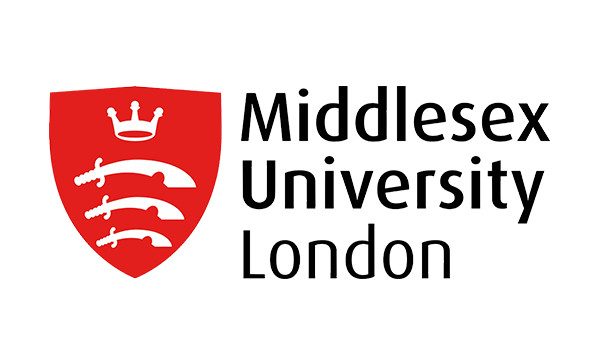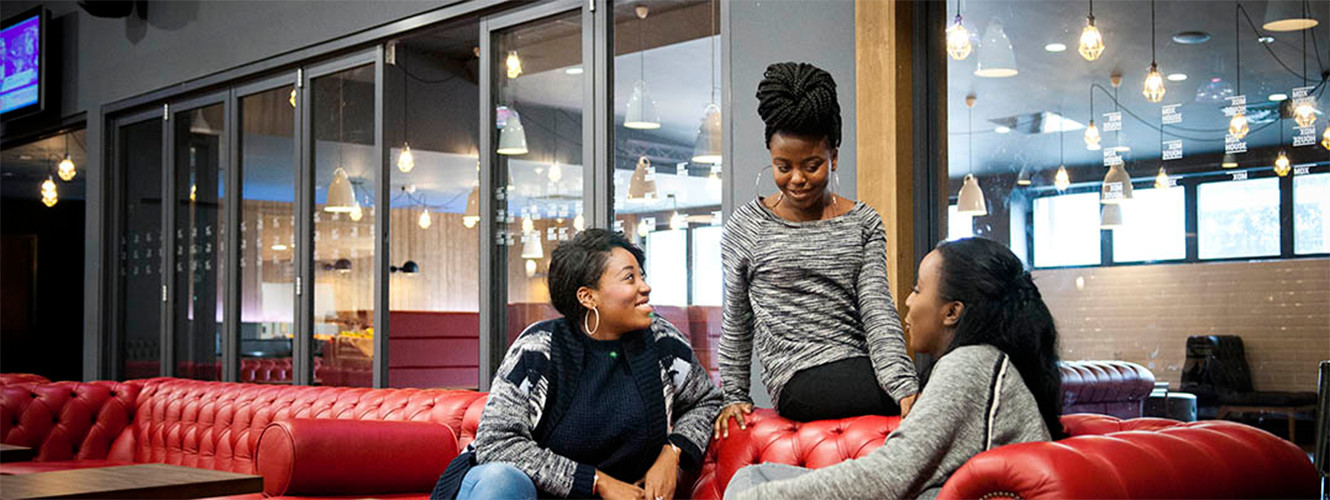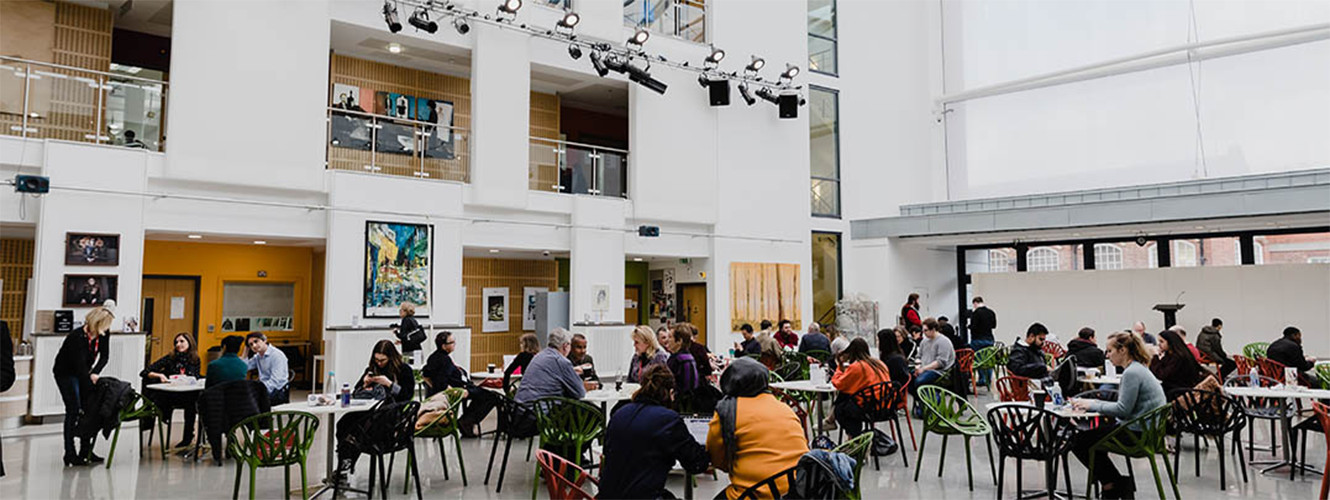UK09 LLM/PGDip/PGCert International Minority Rights Law Middlesex University London
-
THÔNG TIN CHUNG
The course explores questions and perspectives on human rights, gender, and social exclusion - examining how rights are understood and put into practice around the world, and identifying the barriers that prevent rights from becoming a reality.
Why study LLM/PGDip/PGCert International Minority Rights Law at Middlesex University?
This degree aims to enable students to specialise in subjects related to international minority rights law, equipping them with comprehensive knowledge of the international and regional legal regimes governing minority and indigenous rights, through critical assessment of the efficacy of human rights and sustainable development frameworks.
You will deepen and broaden your knowledge of law as an academic subject through acquiring systematic understanding of legal processes, methods and concepts of the social and political context in which legal processes take place and of appropriate theoretical conceptions of law.
By maximising your academic potential potential and refining your problem-solving skills in a transnational context through the acquisition of systematic and critical understanding of complex legal, economic, cultural, ethnic, religious, ethical and political issues informing international minority rights law you will enhance your professional development and horizons.
The research and writing skills you gain will be transferable to a variety of professional sectors, including the legal profession, policymaking, corporate sector, governmental bodies or academia.
With a strong sense of social justice at its core, Middlesex University School of Law is home to some of the world's foremost figures in the fields of minority rights and development law, whose work has helped safeguard the rights of groups in vulnerable positions across the world.
They include Senior Lecturer Dr David Keane, whose book on caste-based discrimination won the Hart Book Prize; Dean of the School Professor Joshua Castellino, whose expertise was called upon as chair of a 2015 session of the United Nations Forum on Minority Issues; and Professor Sarah Bradshaw, expert on development studies and gender, with ample experience working on the ground in several projects around the globe.
-
CƠ HỘI NGHỀ NGHIỆP
This course equips students with skills across several legal disciplines and opens career possibilities in public and private bodies as practitioners or advocates, working in sectors concerning public law, family law, discrimination, immigration, housing, actions against the police, employment, investment or business law.
It is aimed particularly at students who are interested in human rights-related work and/or who wish to influence policies to ensure the enjoyment of human rights by members of minority groups and indigenous peoples at national, regional and international level. Many have also continued their higher education studies via a PhD.
As well as access to the University's Employability Service students are offered specialist advice by the Programme Leader and other contributors to the programme, including guidance on how to enter and pass recruitment processes for national and international organisations. Students have access to the support services offered by the Clinical Legal Education programme and are invited to attend career-focused workshops, skills sessions and events.
Our team of world renowned lecturers will provide the latest thinking and practice on legal issues. Our students benefit from their considerable network of contacts and connections within their sectors. There are placement opportunities within minority rights and indigenous rights organisations, many of which are based in London, such as Minority Rights Group International. Students will be encouraged to pursue avenues such as internships or other approaches to entering international human rights bodies and building an expertise from there. Internships at the Office of the High Commissioner for Human Rights (OHCHR) in Geneva are another route towards specialising in minority rights and related advocacy. Further opportunities within international organisations are evolving a need for strong minority rights or indigenous rights knowledge and capacity. Additionally, many global businesses require understanding of their impact on groups in vulnerable positions, and this course is flexible in providing students with an expertise that would be useful in a variety of international commercial as well as advocacy settings.
- ĐIỀU KIỆN ĐẦU VÀO
- ĐIỀU KIỆN NGÔN NGỮ
- HỌC BỔNG
- ĐỊA ĐIỂM
Tóm tắt
-
Phí ghi danh
0
-
Độ dài khoá học
1 năm
-
Kỳ nhập học
Tháng 9
Phí Cơ Bản
-
Loại Tiền
-
Học Phí
Trên năm -
Phí Sinh Hoạt
Trên năm -
Tổng






